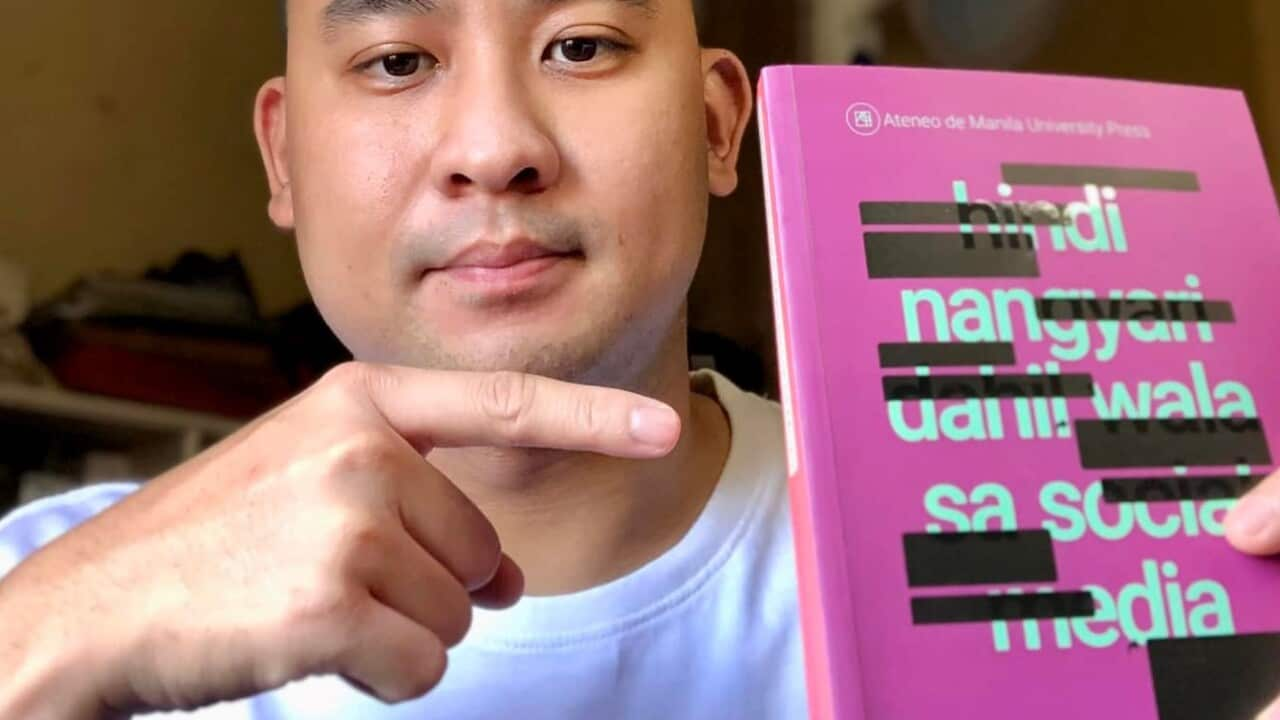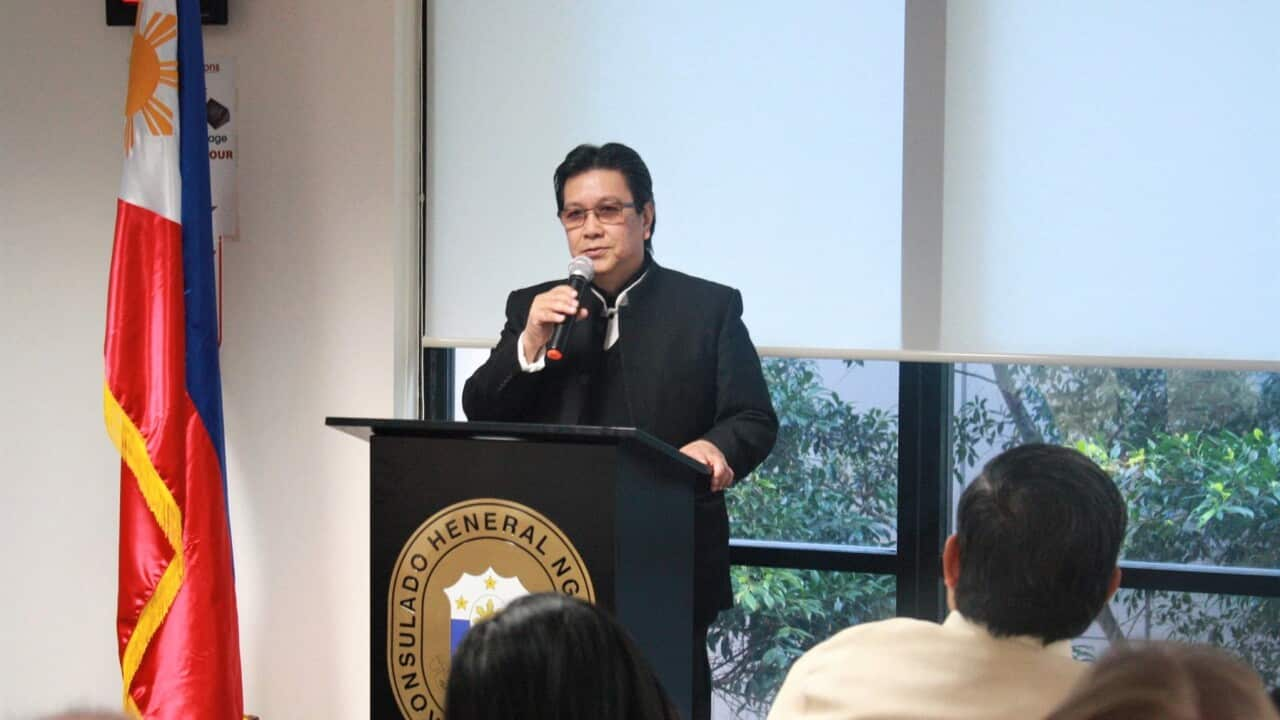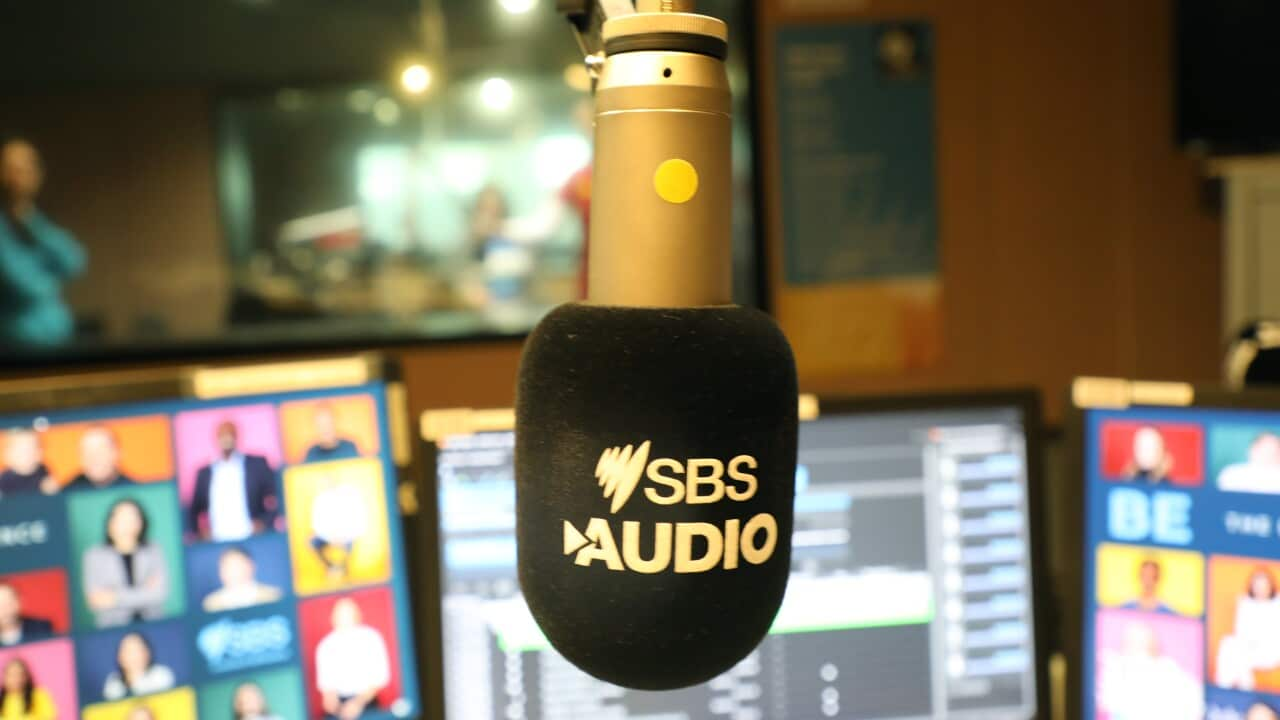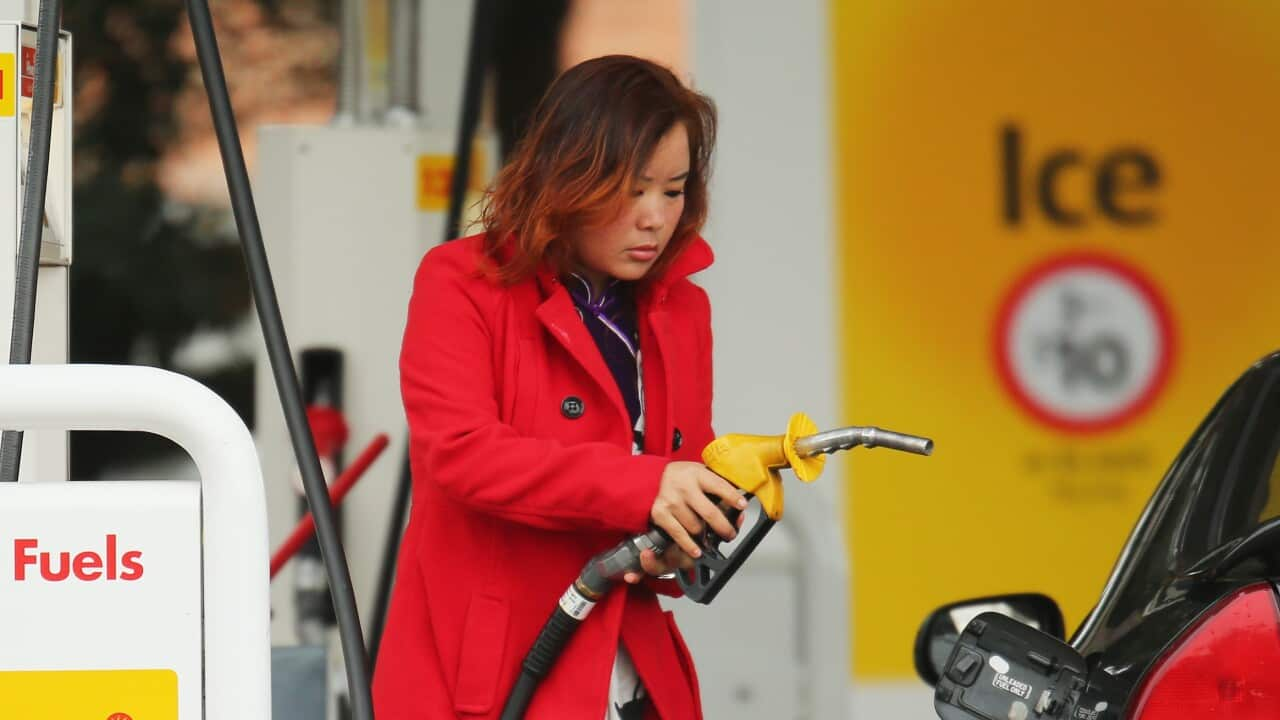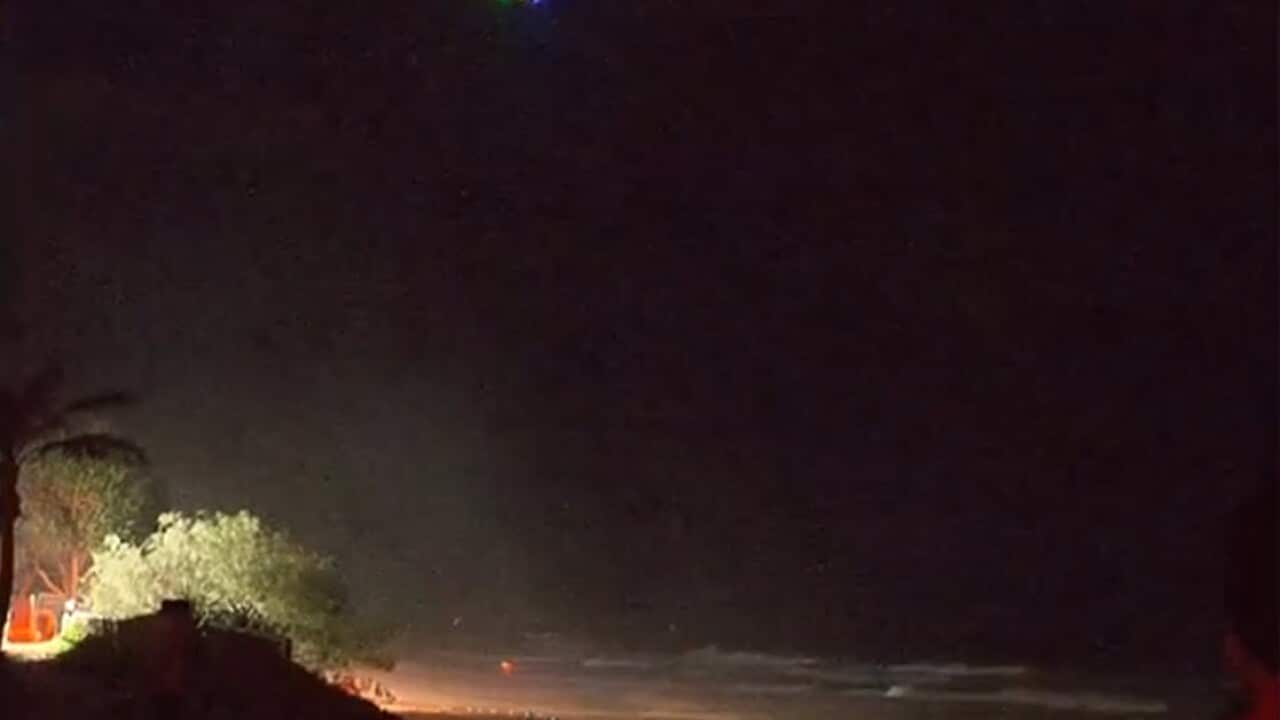Highlights
- What we see in social media posts are mostly 'curated' or 'staged'
- Many social media influencers gain credibility by the number of their following
- Social media has played a significant role during the past two elections in the Philippines
“Di nangyari dahil wala sa social media” (It didn’t happen if it wasn’t in social media) is a collection of work by scholars and activists looking into the role of social media in Philippine society.
“Social media has changed our lives in so many ways, it started with Friendster, Multiply and has evolved into many forms. It has also changed the way we interact with others; how we present ourselves. It even had a huge impact during the past two Philippine elections.” says Laurence Castillo one of three editors of 'Hindi nangyari kung wala sa social media: Interogasyon ng Kulturang New Media sa Pilipinas.'
Listen to the podcast
Defining moments captured in social media
“We upload, post what we eat, what we wear or our OOTD (outfit of the day) we have created an online documentation of our daily lives. More importantly, we would always share significant moments in our lives.”
Castillo adds “even our choices are shaped by social media, the clothes we wear, places we eat are inspired by social media influencers. Our desires are affected by the commodities we see on social media and it affects our sense of self, our sense of self-care and importance”
Social media can give a glimpse of an individual’s life. However, the life we share in social media may not entirely be one’s reality. “We can liken it to a museum when we curate the things that are available for public viewing. We share our best selves; we manipulate how people see us through our social media platforms” says Castillo.
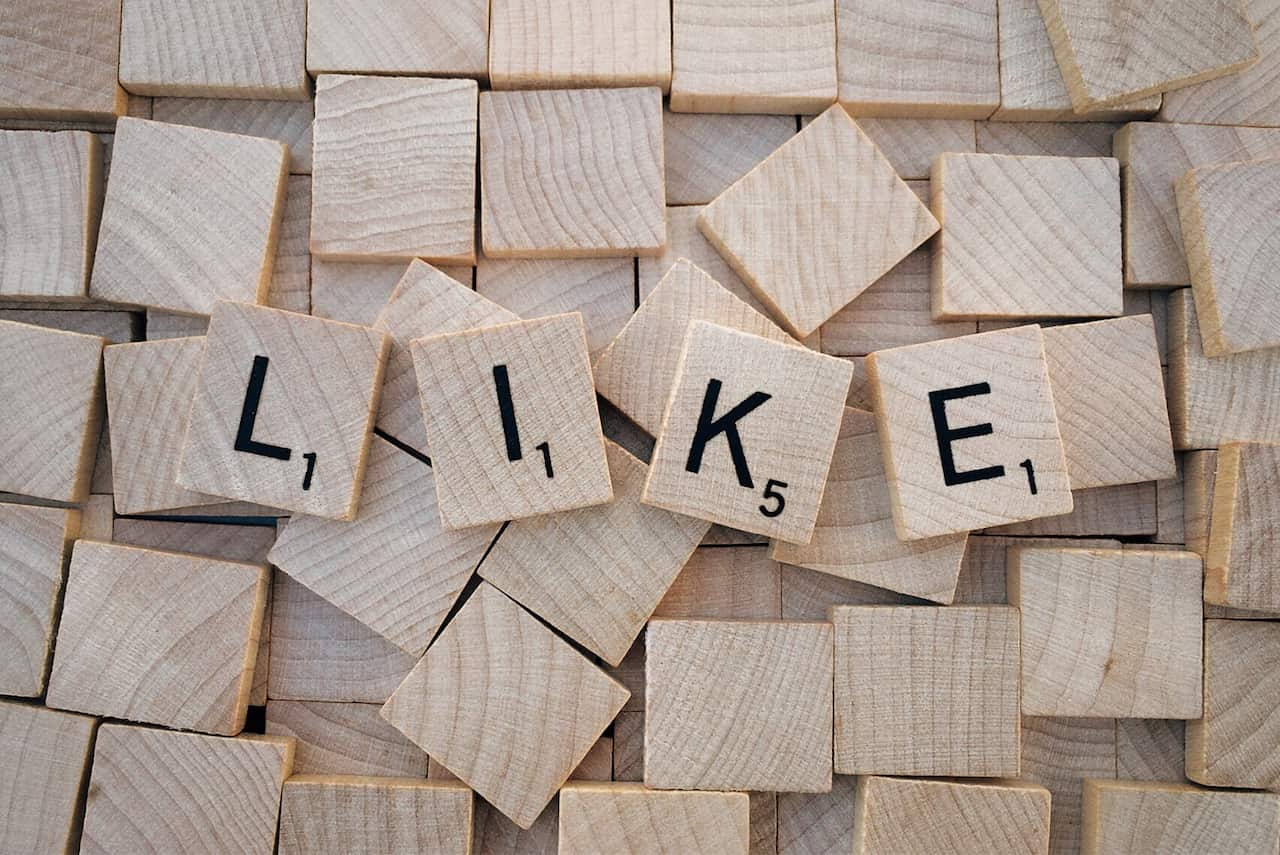
Social Media as a source of (mis)information
Social media played an important role during the 2016 National Elections in the Philippines. Castillo also cites how popular personalities were able to campaign for their own candidates “it also created various forms of digital disinformation, we saw the emergence of political influencers, trolls but this is not unique to the Philippines.
We have also seen how social media played a part during former President Trump’s campaign. His Twitter account was used to express his opinions or agitate his followers. Politics and social media are tightly linked to each other.
While in the past, the credibility of a news organisation played an important role in what people choose to read, watch, or patronize; the rise of social media has blurred the lines between credibility and popularity.
Author Laurence Castillo explains, “Bloggers, popular personalities have also become a source of alternative views. They have become the new experts.”
Celebrities with a huge following like Toni Gonzaga have evolved from being a popular personality to being branded as journalist. “Despite the fact that she does not have any professional training from a degree-granting institution but her huge following gives her credibility.”
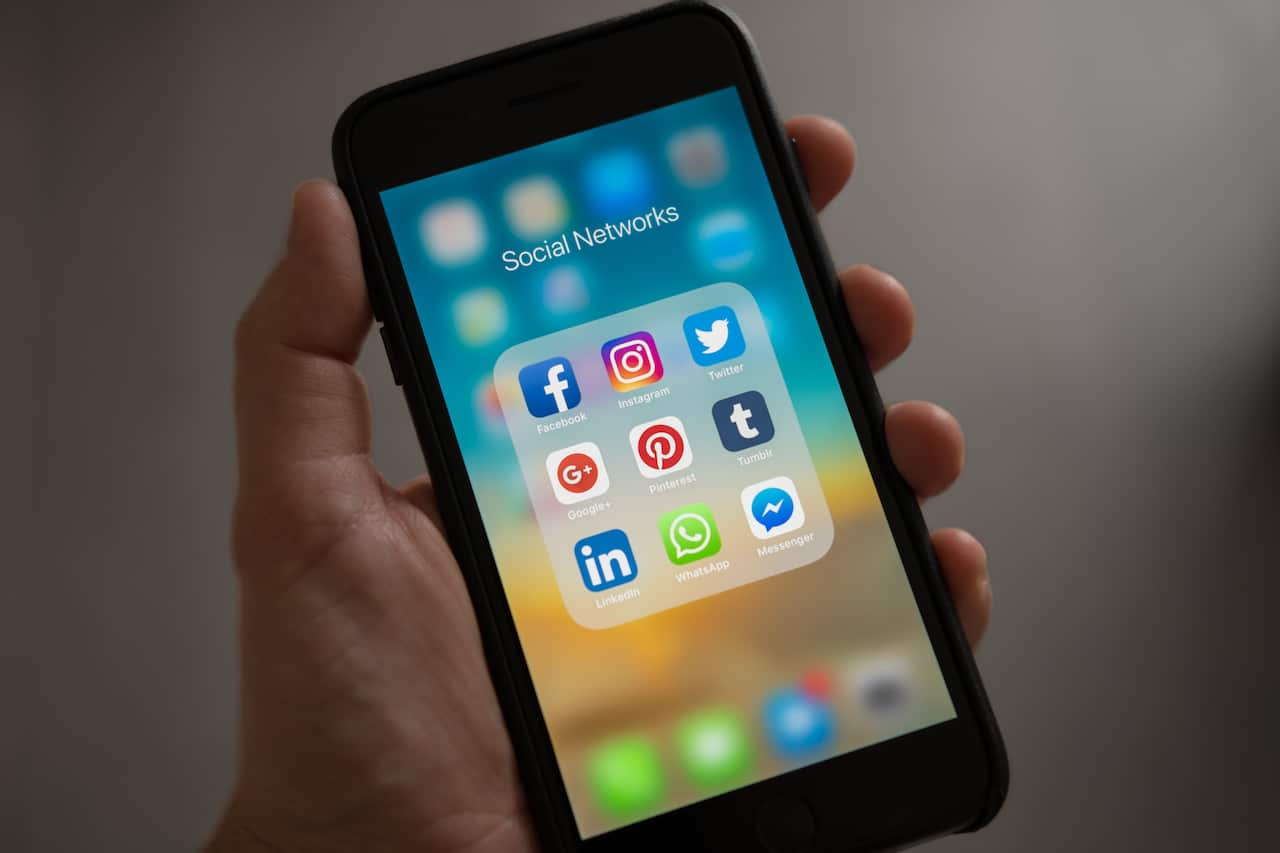
It is important to be critical of what we consume online. The real danger lies in how we consume what we read online, being suspicious about the expert knowledge.
“Algorithm reflects our online behaviour, the social media posts we see online. This can be a danger and hard to counteract as most often it confirms our cognitive biases.” Castillo adds “Media education is a very powerful mechanism to secure a critical public.
However, this too is complicated; as we do not have enough social media regulation to ensure that what is published online isn’t fake news or the cause of misinformation. The proliferation of misinformation which is enabled by many social media sites it difficult for social media activists and others to educate the public about important issues relating to human rights and democracy among others.
”In social media posts the message is conveyed best when it is written in a short and simple manner; author Laurence Castillo adds “Everything is clickbait.
It is easily digested and sometimes the important parts have been edited out and taken out of context. This is why it is important to implement media information campaigns and education among other things to ensure a critical public.”
ALSO READ / LISTEN TO
